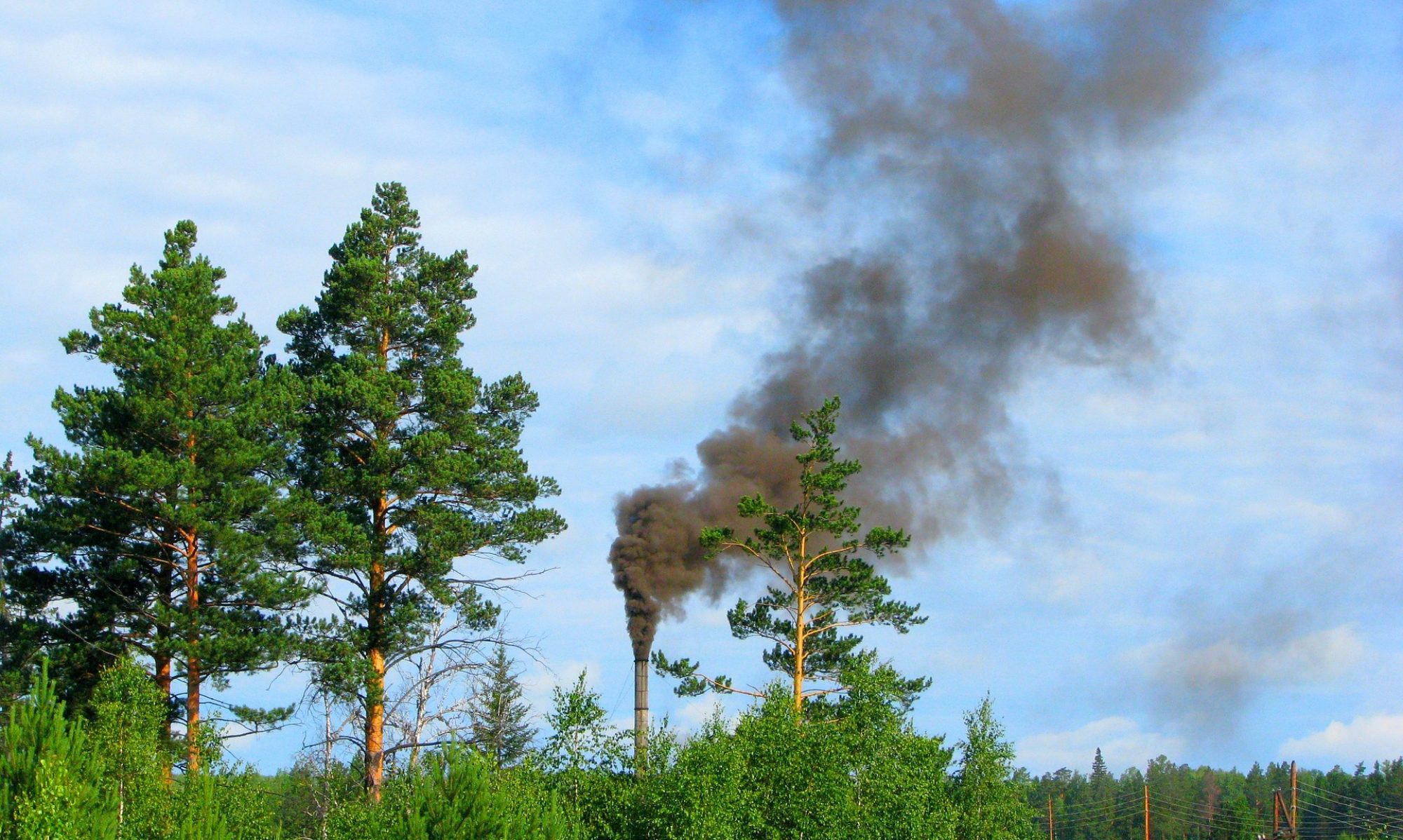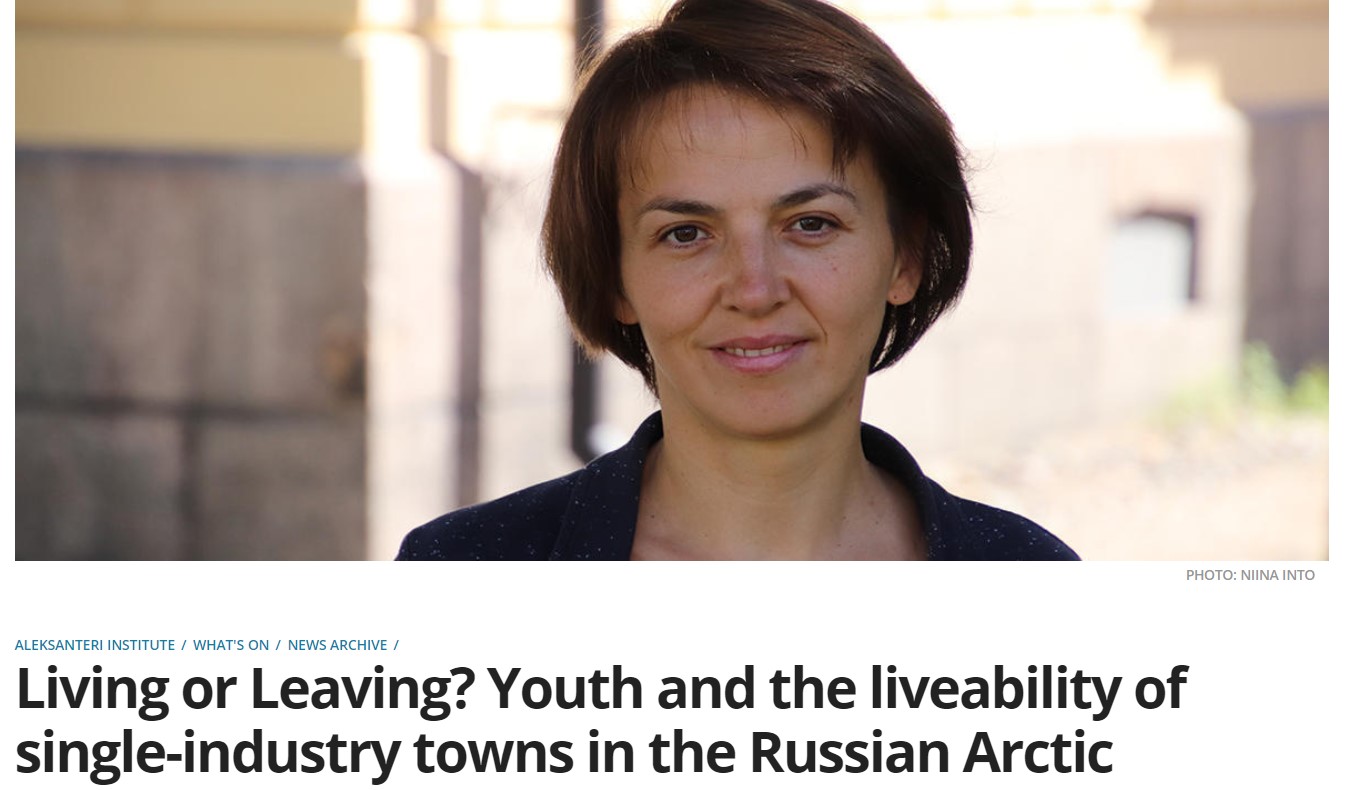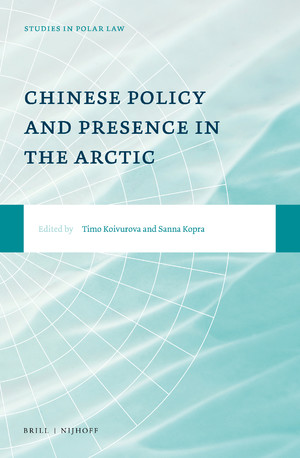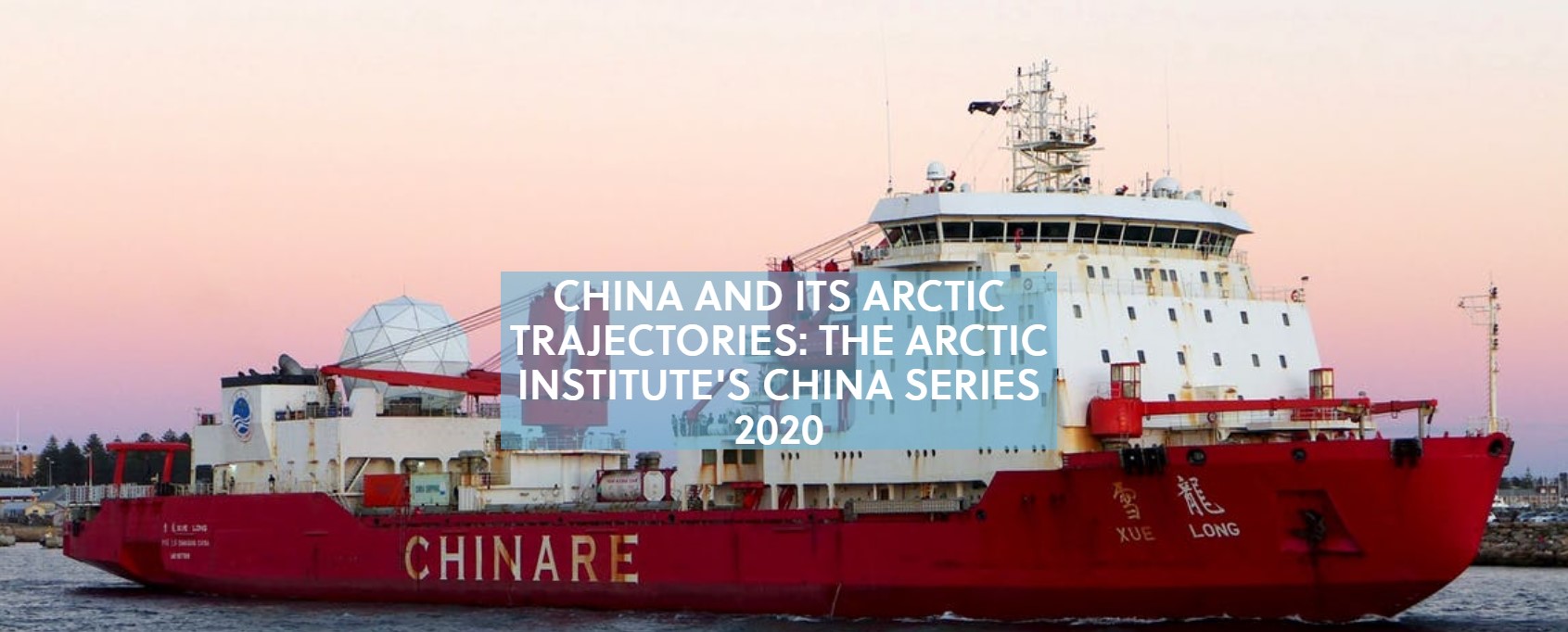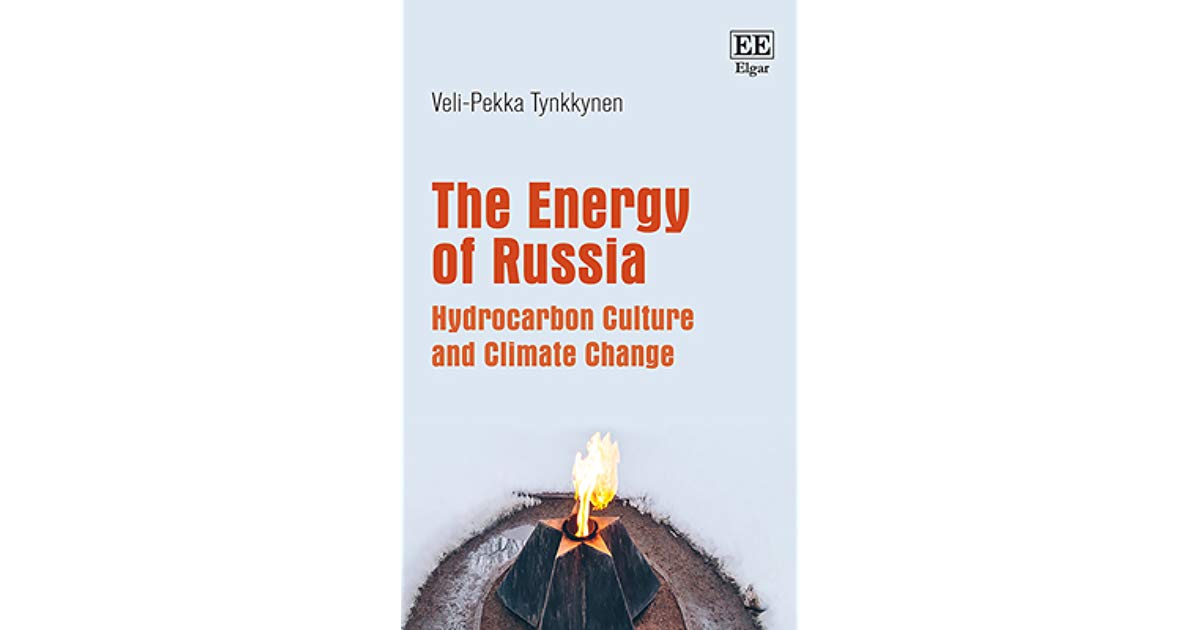Today Forum for Environmental Information released a publication, based on the YHYS Policy dialogue 2020, that was held on the 25th of May. The publication is titled “Miten turvataan ruoka ja energia haavoittuvassa maailmassa?” (How to secure food and energy in a vulnerable world?).
We received the first taste of the vulnerability of food and energy systems with the corona crisis. The Spring 2020 Policy Dialogue sought ways how to produce food and energy sustainably well into the future, while at the same time better preparing for the threats of our time: pandemics, climate change, and security threats. Increasing self-sufficiency and local models are part of new, more sustainable food and energy systems. In order for complex systems to change, it is essential to make them understandable and to bring them closer to both policy makers and consumers.
Our Doctoral candidate Sakari Höysniemi, who participated in the discussion in May, also contributed to the publication.
“Even though the world of the future is more electronic, we need to think about how to electrify everything. I would like to see a reflection on the energy visions of transport, whether by changing the current car pool from oil to electricity, or whether by reducing the number of private cars at the same time. Public transport, walking and cycling are much more efficient modes of transport in terms of the use of natural resources than having every Finn move alone in their own car. ”
The publication is available for reading online.
